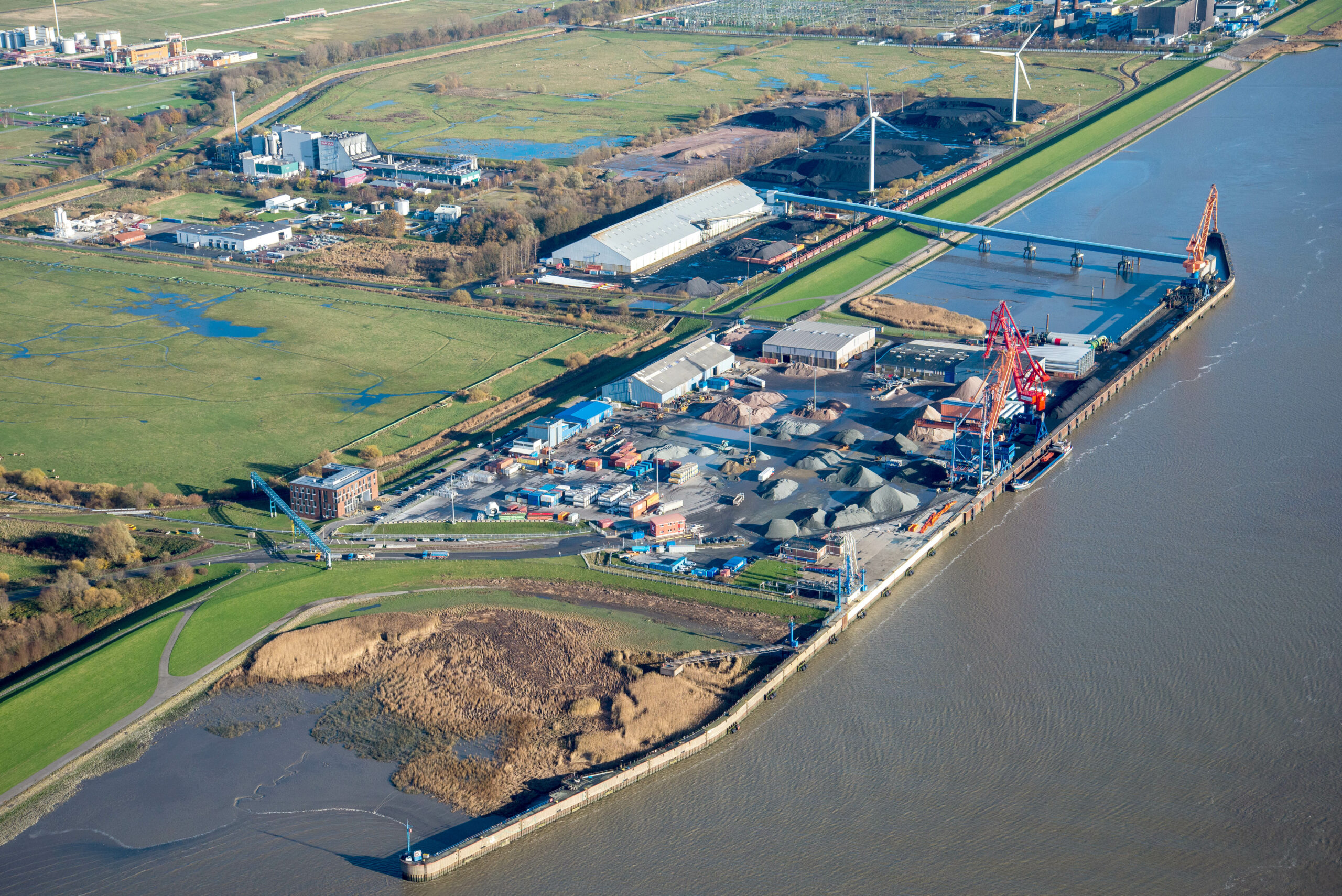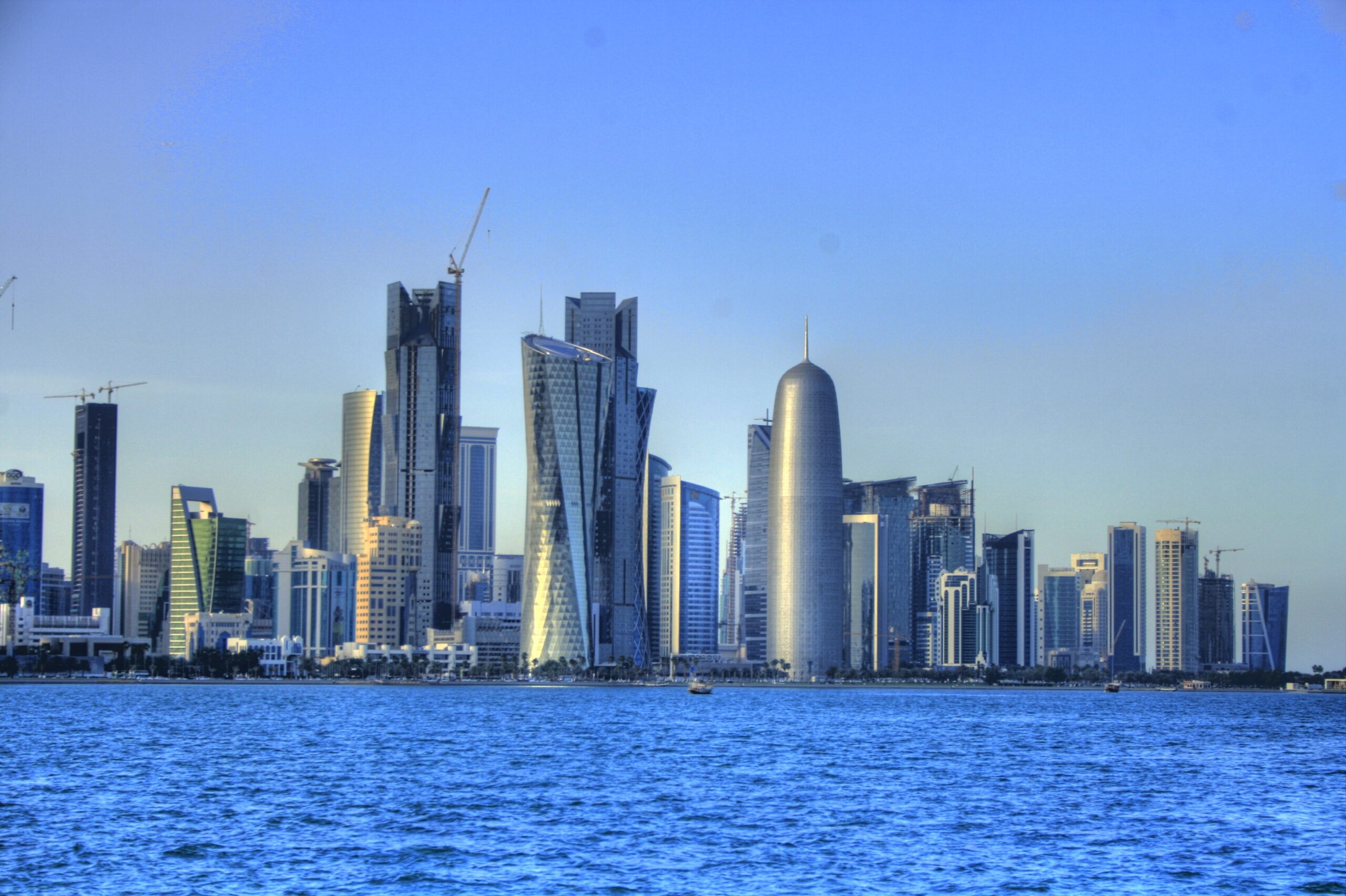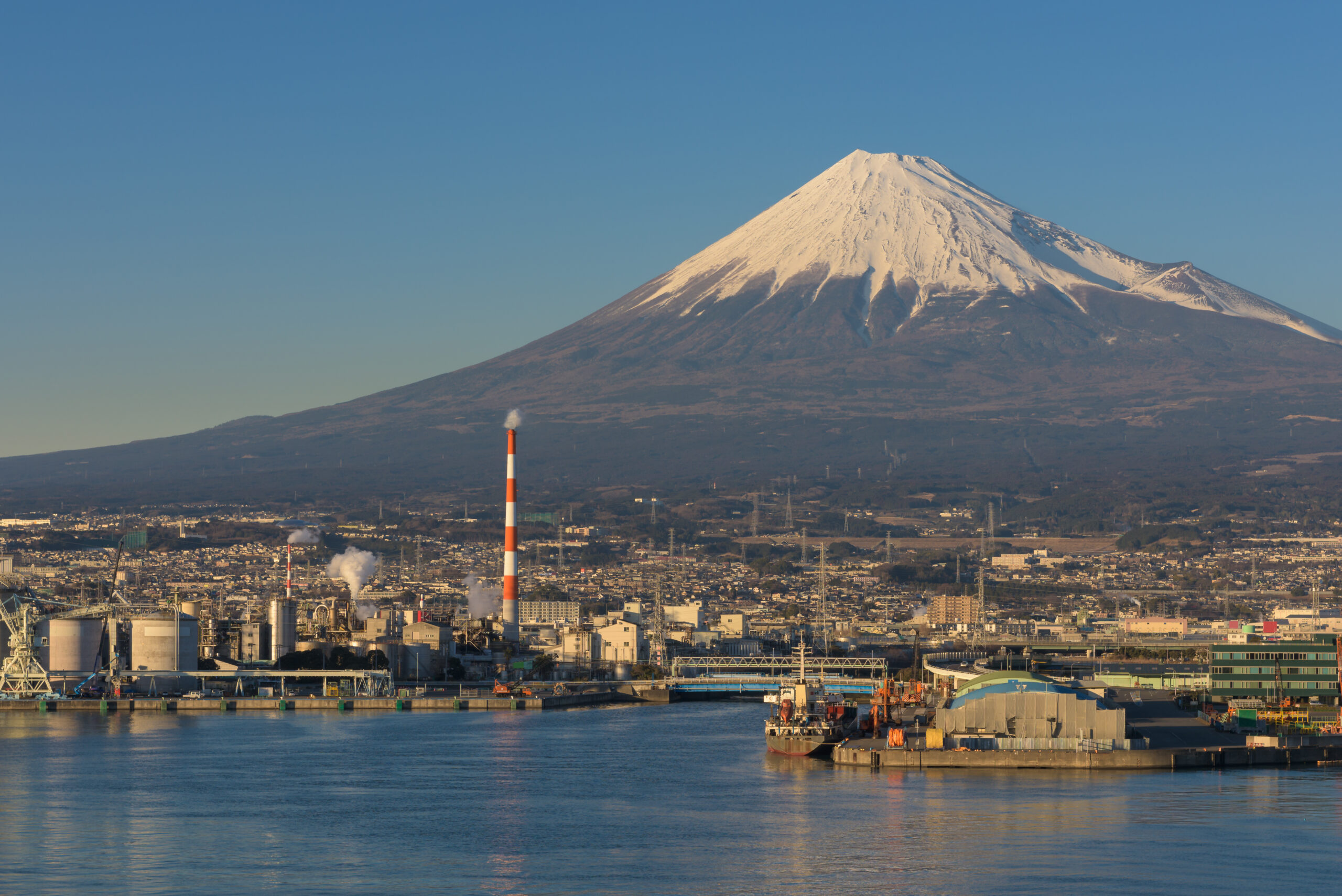LNG suppliers look to Europe as it faces gas dilemma: execs
Europe needs to make up its mind on whether it wants to be an “opportunistic” short-term buyer from LNG suppliers or whether it wants to provide long-term signals to investors, energy executives said.

Europe needs to make up its mind on whether it wants to be an “opportunistic” short-term buyer of gas from LNG suppliers or whether it wants to provide long-term signals to investors in producing countries thus reinforcing investment decisions in new capacity, a conference heard.
Europe was “great at organising a short-term response” following Russia’s invasion of Ukraine when there was a need to replace large amounts of pipeline gas with that sourced from LNG suppliers, however “what we want to send as a signal to the rest of the world as a long-term gas buyer, that still needs to be resolved,” Laurent Vivier, senior vice president of the Middle East and North Africa, E&P at TotalEnergies told the Flame energy conference in Amsterdam on Wednesday,
International stakeholders are looking at Europe and whether it intends to be a committed buyer and user of gas moving forward, he said.
Citing Qatar, which recently committed to a vast liquefaction expansion programme, he said that only 25% of the new planned capacity was intended to supply the European market, with most of it having been planned with Asian long-term buyers in mind.
“Security of supply comes with commitments on costs but also duration,” he said.
On the other hand, it was unlikely that buyers in Germany would commit to 20-year contracts amid targets to phase out fossil fuel usage in the coming years, RWE’s CEO of supply and trading, Andree Stracke said.
He also warned of rising protectionism and nationalism among European countries amid the energy crisis.
Meanwhile, Europe has been implementing a number of policies aimed at protecting its energy market from price swings but also from internal competition between countries, including a price cap mechanism triggered in case of extremely high gas prices, and a joint purchasing mechanism.
However, panellists were skeptical about continuous market interventions, saying that price caps might prevent LNG from reaching European buyers if triggered.
“The role of policy makers is setting the rules and allowing the market to play out,” said Jason Tate, head of European power trading and origination at BP.
The “energy transition fundamentally is about investments” which “require stable forward looking policy and liquid markets,” he added.
Tate also warned of the slow rollout of renewables in Europe, adding that energy markets were also facing a growing problem with attracting talents and skilled workers.
“The bad thing is starting to blame the market…The market actually worked throughout the whole period” of the energy crisis last winter, said Helge Haugane, senior vice president of gas and power at Equinor, said.
“There wasn’t anything wrong with the market,” he said.
He added that Equinor had been “very concerned about the price cap” which had also had the consequence of wiping away liquidity in the hedging market.
While the cap is “not a big deal anymore” given the lower price scenario seen at the moment, it still “could be dangerous” if triggered in the future, he said.
Meanwhile “renewable buildup is not going fast enough” in Europe, he said, adding that investments globally must be accelerated to meet energy transition requirements.



